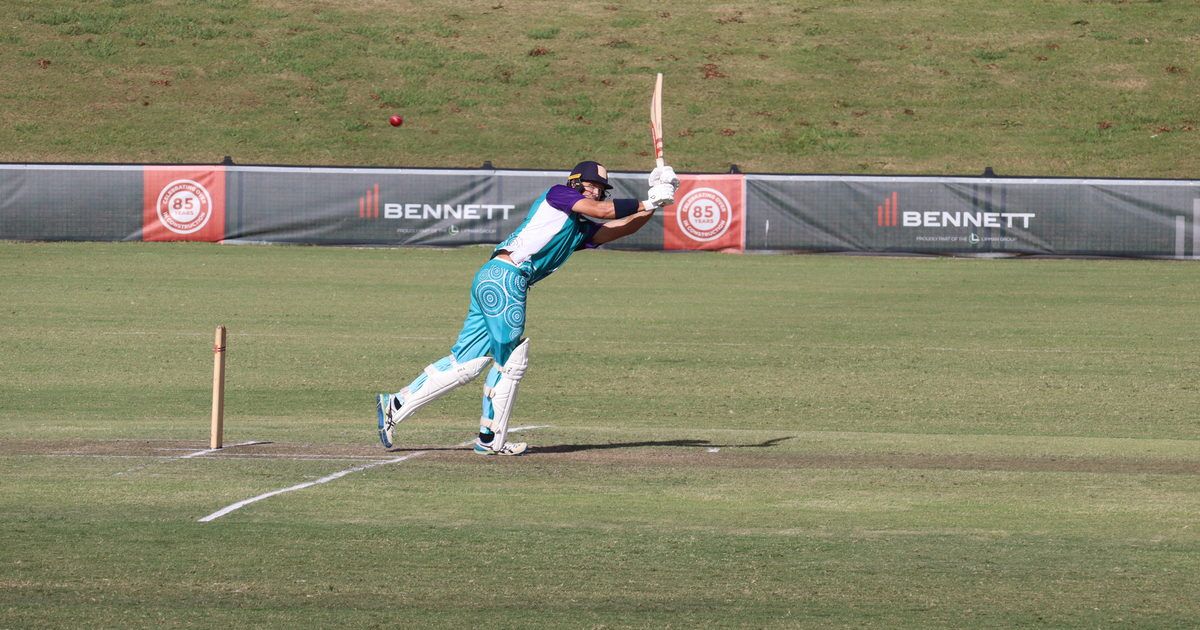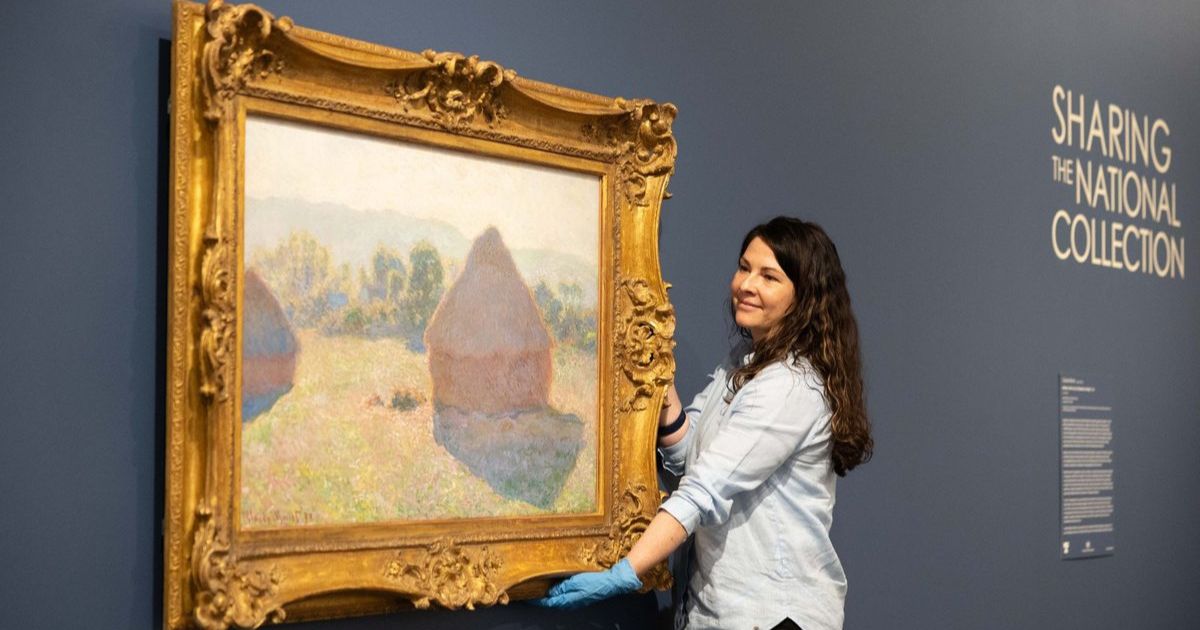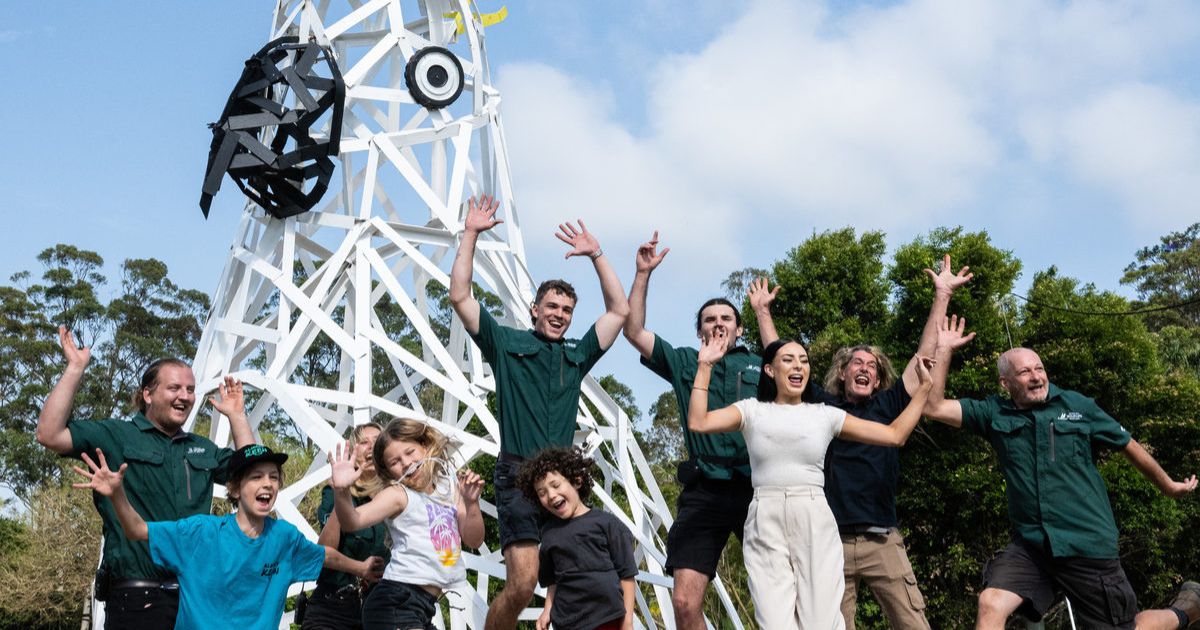Leopard sharks in focus
DIVERS and snorkellers are being encouraged to take part in a citizen science project to help track endangered leopard sharks at Nguthungulli Julian Rocks Nature Reserve off the coast of Byron Bay.
Sundive Byron Bay owner and marine biologist David Robinson is spearheading the research, which invites members of the public to photograph the left side of leopard sharks to help identify them through their unique markings and assess their population.
He founded the Cape Byron Leopard Shark Project in 2019, soon after he and his partner took over the dive operation.
“When I saw the number of leopard sharks aggregating here and realised they weren’t being studied, I knew that this was an important site and this aggregation was globally significant for the species,” he said.
Nguthungulli Julian Rocks is one of the last leopard shark strongholds in the world, but when they travel outside the area they are exposed to threats such as ship strikes or fisheries.
So far, the project has identified 489 individual leopard sharks, but earlier this month Mr Robinson captured 31 leopard sharks in one photo.

“There were more sharks around and another 30 reported from north of the island, so I would estimate approximately 80 to 100 were present that day,” he said.
Mr Robinson said it is a mystery why so many leopard sharks gather there.
“Usually, leopard sharks are solitary animals or found in small groups sitting on the bottom during the day,” he said.
“The sharks at Nguthungulli Julian Rocks are actively swimming throughout the water column. We think this is a precursor to mating and we are building the evidence to show this.
“Sometimes they come right into the Bay. One day we had four swimming around The Pass and swimmers are often reporting them.”
The project is being run in partnership with the Department of Primary Industries, The University of The Sunshine Coast and The Marine Megafauna Foundation.
People can upload their leopard shark photos to sharkbook.ai



















